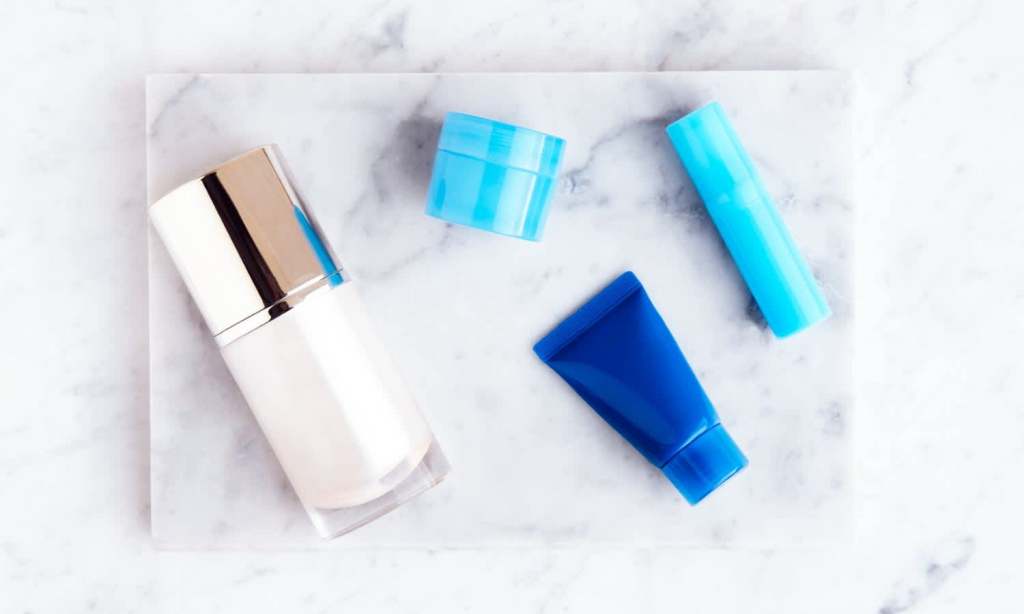Johnson & Johnson has announced plans to remove all of its skin whitening products from shelves in Asia and the Middle East.
The consumer product manufacturer currently produces two skin lightening lines called Neutrogena Fine Fairness and Clear Fairness by Clean & Clear, as reported by The New York Times. While these products are marketed as dark spot treatments, many use them as ways to lighten their skin tone.
This decision was announced in a statement from Johnson & Johnson and comes in the wake of George Floyd’s murder in Minnesota, which has sparked a global conversation around racism and the Black Lives Matter movement.
“Conversations over the past few weeks highlighted that some product names or claims on our Neutrogena and Clean & Clear dark-spot reducer products represent fairness or white as better than your own unique skin tone,” the company said.
“This was never our intention — healthy skin is beautiful skin.”

The products will be removed from the company website shortly, Johnson & Johnson said in the statement, but some may still appear physically on the shelves “for a short while” — most likely until stocks run out.
All production of the two ranges will also cease.
“We will no longer produce or ship the product line,” Johnson & Johnson said.
Skin lightening products are generally marketed towards women in Asia and the Middle East. According to Reuters, over 6,000 tons of skin lightener were sold worldwide last year, with many of these products marketed as targeting dark spots and freckles.
The eradication of these products is one small step for the beauty industry, which still needs radical change. Here in Australia, a hairdresser is calling for TAFE to include Afro and curly hair training in the Certificate III Hairdressing curriculum as many hairdressers aren’t able to treat or style textured hair.
A new initiative called the “Brown Girl Swap” has also launched, encouraging consumers to replace five of their most-used beauty products to those from Black or Indigenous-owned beauty brands.







